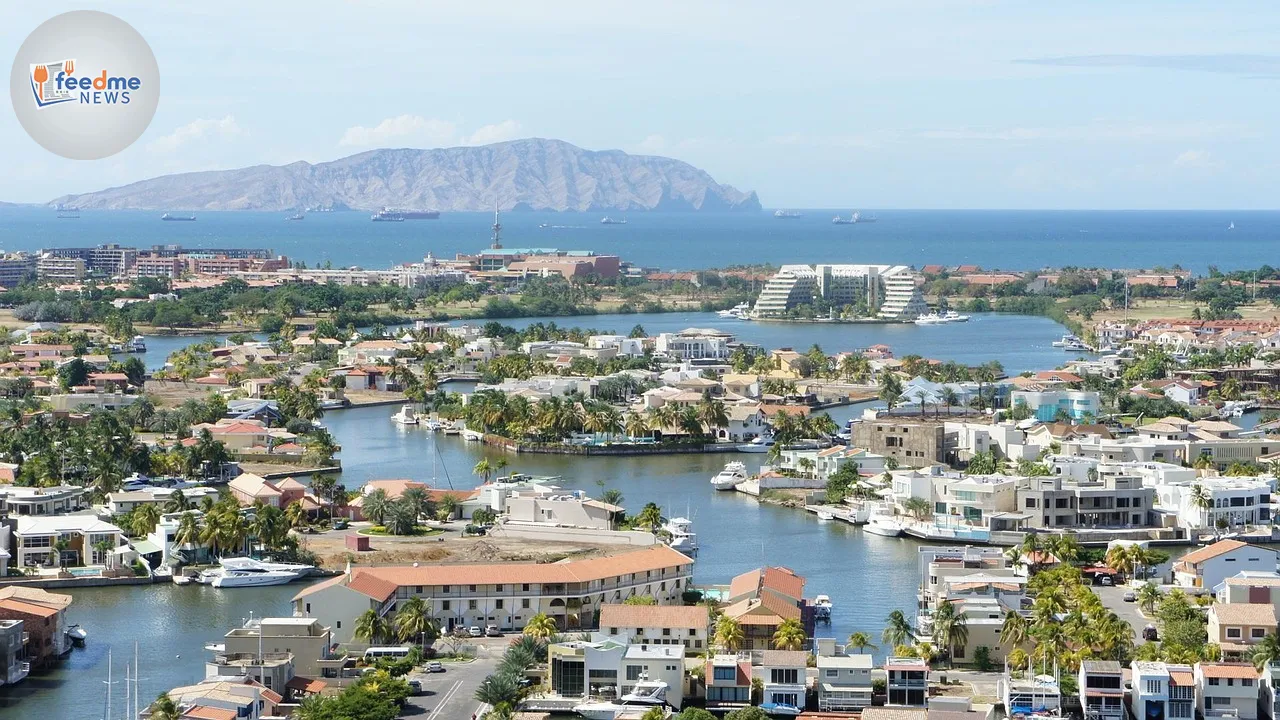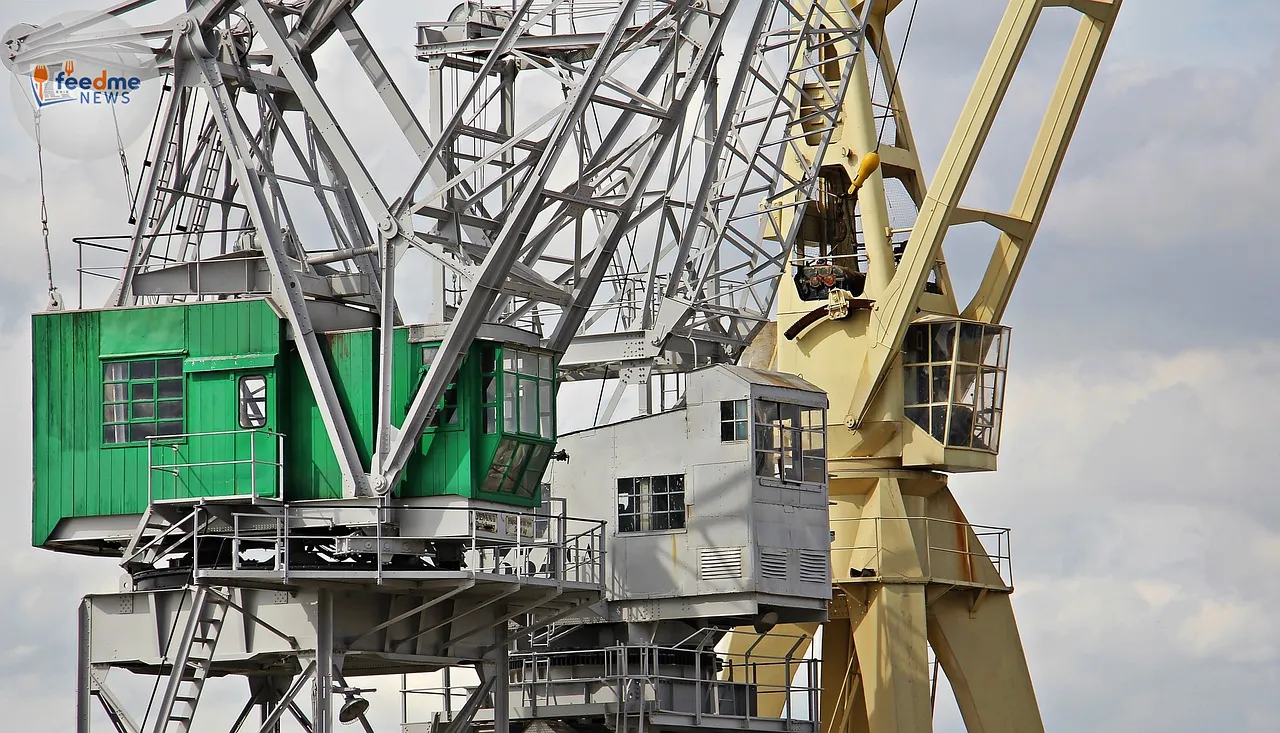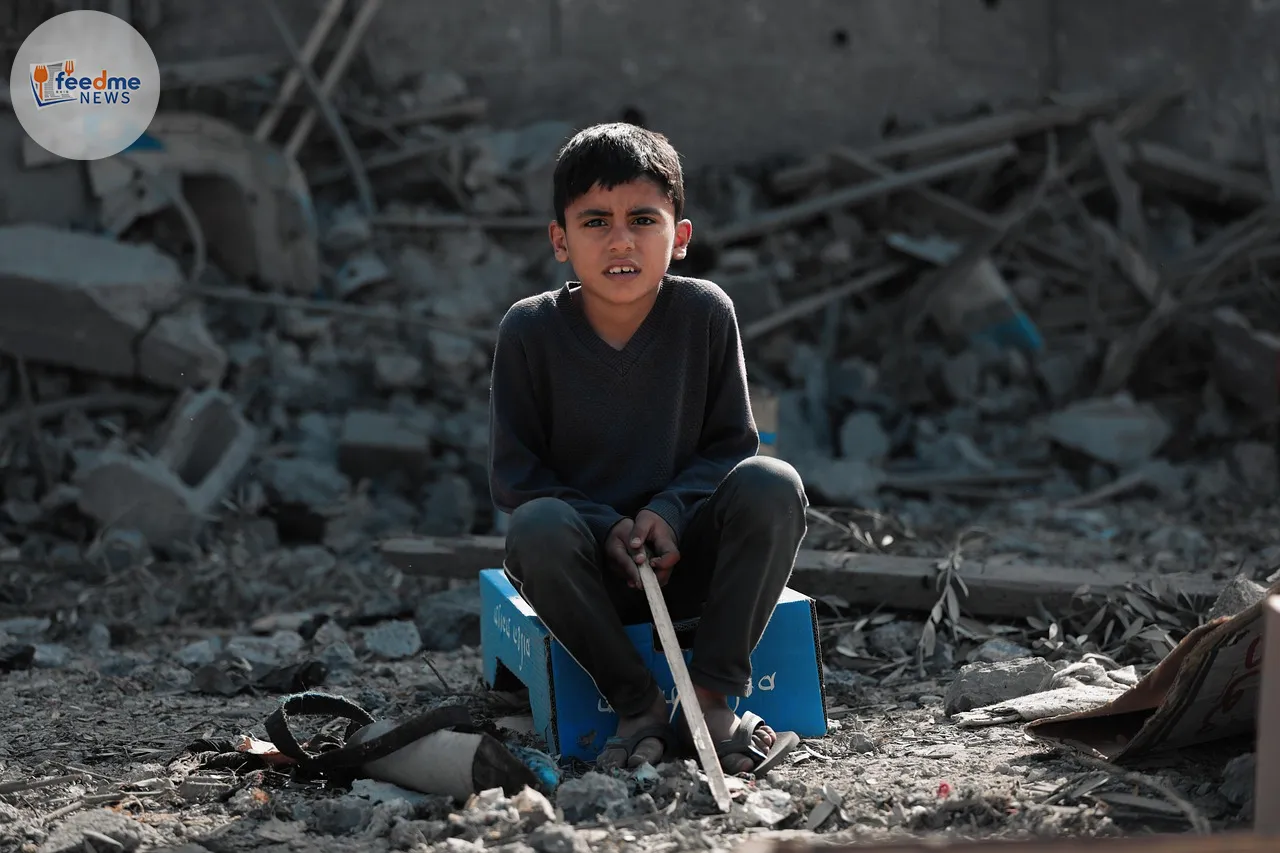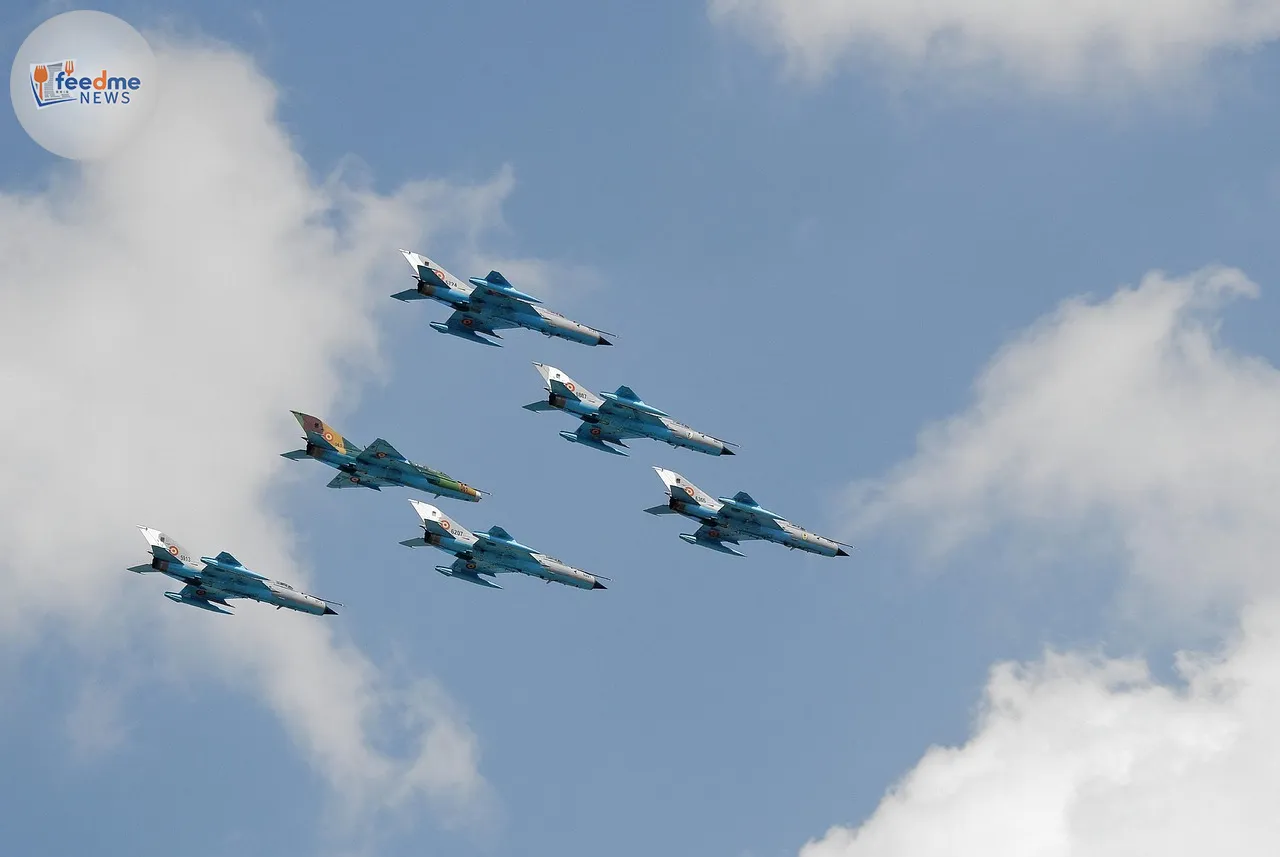Donald Trump said on Wednesday that he authorised the CIA to carry out covert operations in Venezuela, signalling a marked escalation in US pressure on President Nicolás Maduro’s government. He also suggested he was considering strikes on Venezuelan territory, a move that would take Washington beyond recent lethal incidents at sea that have already drawn condemnation. The remarks set off immediate debate over US intentions, legal limits on the use of force, and the risk of a wider regional crisis. Maduro responded by rejecting any attempt at “regime change,” as reported by the BBC, while Democrats and United Nations experts condemned recent deadly actions in the Caribbean as unlawful, according to the Guardian. Trump did not say whether any covert programme aimed to topple Maduro, but his comments sharpened questions about intelligence oversight, international law, and how far Washington plans to go.
Context and timing
Trump made the comments on Wednesday, with international outlets reporting them on Thursday. The Guardian and the BBC both reported the former president’s remarks and the immediate reaction they prompted. The statements came amid already high tensions between Washington and Caracas and followed recent lethal attacks on boats in the Caribbean that Democrats and UN experts denounced as unlawful, according to the Guardian.

Authorising covert action: what Trump says he has done
Trump said he authorised the CIA to conduct covert operations in Venezuela. Under US law, the president can approve covert action through a written finding and must inform congressional intelligence committees. Such authorisations allow the US to pursue foreign policy goals while shielding direct attribution. Trump did not give details about targets, methods, or timelines. The BBC reported that he would not be drawn on whether the CIA effort sought to remove Maduro from power.
Any covert operation in Venezuela would mark a new stage in a long-running US pressure campaign. During Trump’s first term, Washington imposed sanctions on Venezuelan officials and state entities, and it recognised opposition figure Juan Guaidó as the country’s interim leader. The US framed those steps as a push for democratic change after years of political repression, economic collapse, and mass migration. The new claim of covert authorisation raises questions about objectives and rules of engagement, and whether the administration has briefed Congress in line with the National Security Act.
Talk of strikes raises legal and strategic alarms
Trump went further by saying he was considering strikes on Venezuelan territory. Any such action would significantly escalate the crisis and risk a military confrontation. The Guardian reported that this would go beyond recent lethal attacks on boats in the Caribbean that Democrats and UN experts have condemned as unlawful. The former president did not specify targets, legal justifications, or potential coalition partners.
International law allows force in self-defence or with UN Security Council approval. Absent those conditions, strikes inside another country raise sovereignty concerns and invite scrutiny under the UN Charter. In the US, sustained hostilities can also trigger requirements under the War Powers Resolution, which compels the president to notify Congress and seek authorisation for extended military action. Legal scholars often note these frameworks when presidents discuss cross-border force. Trump’s remarks now focus attention on whether the administration will cite self-defence, threats to US personnel, or a different basis if it proceeds.
Maduro’s response and the stakes inside Venezuela
Maduro rejected outside intervention, saying “no to regime change,” according to the BBC. His government has long accused the US of trying to unseat him and destabilise Venezuela’s institutions. Caracas frequently frames US sanctions and pressure as collective punishment. Maduro’s message aimed to rally domestic supporters and signal resolve to allies abroad. He did not confirm any direct response to alleged covert operations.
Inside Venezuela, an entrenched political crisis and economic hardship continue to strain daily life. Over recent years, millions of Venezuelans have left the country, seeking work, safety, and stability across Latin America and beyond. The government controls key levers of power, including the security forces and the courts, while opposition figures have faced arrests and bans. Any new phase of US pressure—covert or overt—could unsettle fragile arrangements, spark reprisals, and complicate humanitarian access. Aid groups and regional partners often warn that shocks in Venezuela can ripple across borders.
Democratic criticism and UN scrutiny intensify
Democrats and UN experts have already condemned recent lethal incidents at sea as unlawful, the Guardian reported. That criticism sets the tone for the response to Trump’s latest remarks. In Congress, Democratic leaders typically press for strict oversight on covert action and clear legal grounds for any use of force. They will likely demand briefings, written findings, and a precise articulation of objectives. Questions will centre on how covert activities align with international law, what safeguards exist to prevent civilian harm, and whether Washington has explored diplomatic channels.
UN experts’ concerns point to the broader multilateral context. If Washington pursues strikes without clear legal justification or international support, it would face censure in UN forums and risk alienating partners in the Americas and Europe. Human rights monitors would examine any civilian impact. Regional bodies, such as the Organisation of American States, often call for dialogue and elections rather than force. Intensified scrutiny could complicate the administration’s efforts to build a coalition or to claim legitimacy for new measures.
A region wary of escalation and a history that looms large
Latin America’s history with US covert and overt actions shapes how governments and publics interpret Trump’s statements. Past episodes—such as CIA-backed operations during the Cold War—fuel distrust and prompt calls for non-intervention. Several governments in the region tend to resist external pressure, especially when it suggests regime change. Even states critical of Maduro often prefer negotiated solutions, targeted sanctions, and humanitarian support over military options.
This historical backdrop matters because perceptions can drive outcomes. If regional partners view US actions as unilateral or destabilising, they may withhold diplomatic cover or logistical support. That, in turn, could limit Washington’s ability to sustain pressure or achieve goals without escalating risk. Analysts frequently warn that covert activity, once exposed, can undermine credibility and feed nationalist narratives. The administration will need to weigh those risks against any short-term gains.
What the authorisation could mean on the ground
Covert authorisations can cover a wide range of activities, from intelligence gathering and cyber operations to support for partners. Trump did not provide specifics, and neither the BBC nor the Guardian outlined operational details. That ambiguity leaves Venezuelan authorities guessing about US intent and scope. It also complicates planning for international organisations that operate in sensitive areas, including humanitarian corridors and border regions.
On the US side, the intelligence community relies on clear guidance and legal cover to carry out covert missions. Congressional committees expect timely notification and the ability to review strategy and risk. If the administration pairs covert action with the possibility of strikes, it must maintain strict command-and-control, define red lines, and prepare for blowback. Missteps could endanger operatives, civilians, and diplomatic personnel in the region.
Wrap-up






